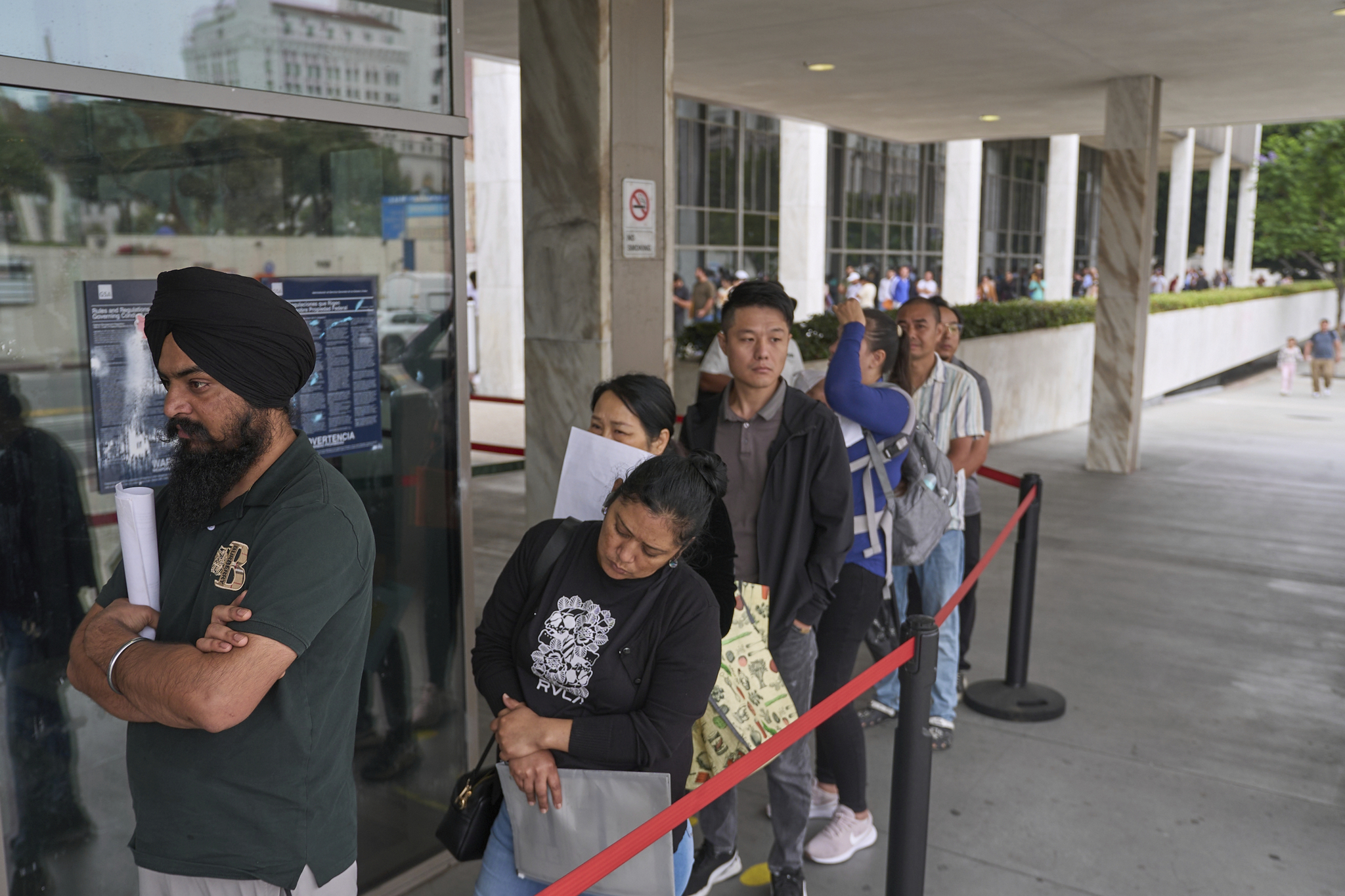The U.S. Citizenship and Immigration Services (USCIS) announced on August 19 that it will begin reviewing visa and green card applicants for signs of anti-Americanism. The new policy, effective immediately, applies to all pending and future applications and allows officers to use such findings as grounds for denial.

A USCIS policy manual update directs examiners to evaluate whether applicants have expressed anti-American views or supported terrorism or antisemitic activities. Matthew Tragesser, a USCIS spokesperson, stated, “Benefits should not go to those who hate America and spread anti-American ideology. Benefits are a privilege, not a right.”
The review will focus heavily on applicants’ social media accounts. USCIS has not provided precise criteria for determining anti-Americanism, but in Korea, politicians, entertainers, and even students seeking visa renewals may feel compelled to self-review past posts and remarks due to the policy’s broad scope.
Wan-Seok Oh, an immigration attorney, warned that applicants could now face disadvantages if their posts reveal anti-American, antisemitic, or anti-Trump views. “If there are already such posts, I recommend deleting them. It is safest not to reveal political opinions,” he advised.
The U.S. Embassy in Seoul previously announced in June that applicants for F, M, and J visas must make their social media accounts fully public. It also warned that failing to provide complete social media information could result in visa denial or restricted eligibility.
The move extends the stricter immigration review policies under the Donald Trump administration. On August 15, USCIS expanded the “good moral character” assessment for citizenship applicants to include tax records, education, and repeated traffic violations.
Jane Lilly Lopez, a sociology professor at Brigham Young University, expressed concern that implicit bias could affect decisions. “Applicants now must go beyond proving they have no misconduct. They must demonstrate positive qualities and contributions, but stereotypes and bias may affect decisions,” she said.
USCIS also listed other areas for review, including whether applicants complied with immigration law, whether parole or entry applications align with statutes and policies, and whether fraud or false statements occurred in the EB-5 investor visa program.
BY HANKIL KANG [kang.hankil@koreadaily.com]

![LA residents fear ICE enforcement raids may spark violence like Minneapolis The Instagram account of the civic monitoring network @sc_communityalerts tracks the activities of federal agents and shares related information. [Instagram capture]](https://www.koreadailyus.com/wp-content/uploads/2026/01/0128-ICE-100x70.jpg)
![American Dream fades as young immigrants lose paths to stay in U.S. Undergraduate students at the University of Southern California, preparing to graduate in May last year, pose for photos in front of the school’s iconic “Traveler” statue on the campus quad. [Sangjin Kim, The Korea Daily]](https://www.koreadailyus.com/wp-content/uploads/2026/01/0128-dream-1-100x70.jpg)
